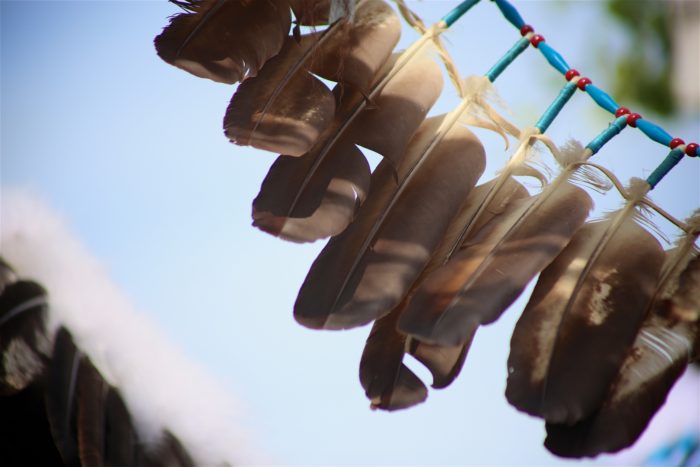Restorative Justice Week raises awareness of healing the harmed and rehabilitating the offender

November 21, 2018
Treaty One Territory, Manitoba
alexpapineau
FOR IMMEDIATE RELEASE
Treaty One Territory, MB – Restorative justice focuses on healing those harmed and rehabilitating the offender while making them accountable for their actions. It has been a part of Canada’s criminal justice system since 1974. Restorative Justice Week, which runs from November 18 to 25, was established to bring awareness to this process.
“In Manitoba we certainly need to take a good look at supporting the use of restorative practices when it comes to addressing the high rates of incarceration amongst First Nations, especially for our youth,” said Grand Chief Arlen Dumas.
“In Manitoba 81 per cent of male youths in corrections are Indigenous while 82 per cent of female youth are Indigenous. These high rates are a direct result of residential schools, the 60s Scoop, and our current high rates of First Nations children in care.”
The restorative justice approach is not only for offences though. The AMC’s First Nations Family Advocate Office has three restorative justice workers who help reunify families. They do this through traditional ways and values like sharing circles, sweats, and feasts. Men’s and women’s groups are also part of the wholistic programming offered to families.
“It is essential to include culture when working with our citizens. Many of our people were told for too long that practicing our culture was a bad thing. By offering this approach we are helping to instill pride among our citizens again,” said Grand Chief Dumas.
First Nations in Manitoba that provide restorative justice programs are: Cross Lake First Nation, Fisher River Cree Nation, Hollow Water First Nation, Norway House Cree Nation, and St. Theresa Point First Nation.